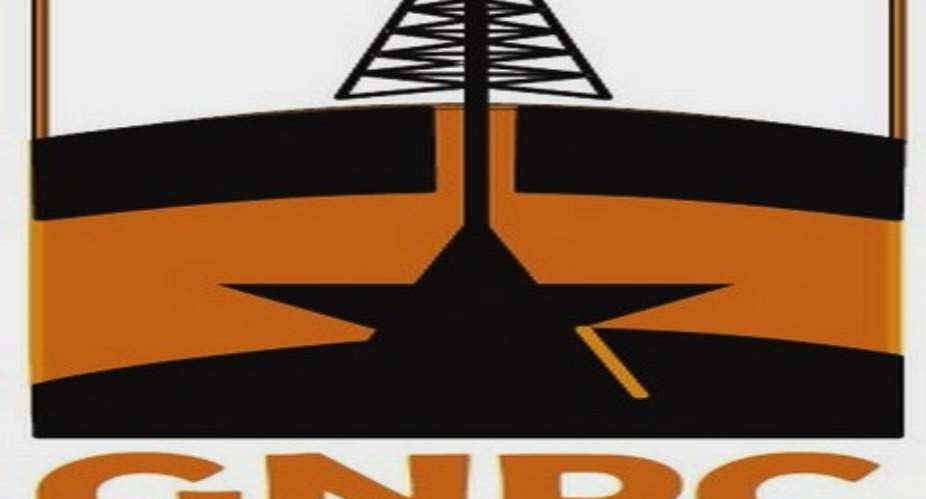There are, in my view, at least four (4) reasons why this loan must come before Parliament.
These are: (a). Mineral, Oil, Gas, & related Energy resources are of far-reaching national security implications/consequences which is why they are vested in the state. State institutions managing these resources are not doing so for themselves as a 'normal' commercial venture but as 'custodians'.
There is no justification for any reasoning which posits that a custodian institution like GNPC can, and should act as a 'normal' commercial entity. Such a view will be dangerous to the national security of Ghana because by implication, the Board of GNPC can commit the resources for an entire nation to uses which might be reflective only of their 'narrow' institutional, and even personal, interests.
The agency costs alone in my view is not tenable under any reasoning whatsoever.
(b). Related to the above is the fact that especially for Oil & Gas resources of Ghana, revenues, and utilization of same, are structured, and the subject of a specific law.
There is little, or no room for discretionary uses of revenues from our Oil & Gas resources. It is therefore unthinkable, by any stretch of the imagination, again, to aver that a group of people sitting at GNPC can commit the revenues of the state in a collaterised deal without the scrutiny, approval, and oversight of the representatives of the people, that is the Parliament of The Republic of Ghana.
(c). Furthermore, the size, and structure of financing projects in the oil and gas sector are such that a potential, or actual default, places contingent liabilities on GoG, including consequences resulting from collateralized oil revenues/hypothecated stocks. In plain language, if GNPC defaults, the people of Ghana, through GoG will be called upon to honour its obligations. In an asset collateralisation transaction of a purely commercial nature, a body corporate will generally be expected to 'own' its assets. In effect, the assets that the firm uses as collateral is something which it owns. GNPC, however, is peculiar. It does not own assets by itself as a commercial venture. It is a 'vehicle' used by GoG to hold the rights to our oil and gas assets. It has no commercial interest in the assets that it holds beyond being a custodian, or trustee if you like. It will really be an anachronistic and archaic logic to argue that GNPC, as it presently exists, its objects, and mandate, is that of a 'normal' commercial entity akin to say, GIHOC, or Ayensu Starch Factory Limited. This kind of argument stretches too far to the bounds of absurdity. In all respects, the "trustee" status of GNPC makes this loan acquisition an exceptional circumstance.
(d). Last but not least, GNPC is owned 100% by the people of Ghana through GoG. The actions, and inactions of GNPC therefore have far-reaching consequences for GoG as the single/largest shareholder. It will be a hard sell for anyone to seek to convince us that being beneficial shareholders, our fortunes are not tied to the fortunes of GNPC, a vital state organization managing critical national assets such as Oil and Gas. There must be some sort of oversight of its activities. At the beginning of each year, GNPC submits its programmes to Parliament as part of the budget, and allocations/approvals of expenditures are approved by same. It cannot claim 'special' status when it comes to contracting loans that essentially, and significantly affects its expenditures, and revenue.
The writer is CEO/Chief Strategist at Cambridge Capital Advisors Limited, a SEC-Licensed and regulated Investment Advisor





 Former Kotoko Player George Asare elected SRC President at PUG Law Faculty
Former Kotoko Player George Asare elected SRC President at PUG Law Faculty
 2024 elections: Consider ‘dumsor’ when casting your votes; NPP deserves less — P...
2024 elections: Consider ‘dumsor’ when casting your votes; NPP deserves less — P...
 You have no grounds to call Mahama incompetent; you’ve failed — Prof. Marfo blas...
You have no grounds to call Mahama incompetent; you’ve failed — Prof. Marfo blas...
 2024 elections: NPP creates better policies for people like us; we’ll vote for B...
2024 elections: NPP creates better policies for people like us; we’ll vote for B...
 Don’t exchange your life for wealth; a sparkle of fire can be your end — Gender ...
Don’t exchange your life for wealth; a sparkle of fire can be your end — Gender ...
 Ghana’s newly installed Poland train reportedly involved in accident while on a ...
Ghana’s newly installed Poland train reportedly involved in accident while on a ...
 Chieftaincy disputes: Government imposes 4pm to 7am curfew on Sampa township
Chieftaincy disputes: Government imposes 4pm to 7am curfew on Sampa township
 Franklin Cudjoe fumes at unaccountable wasteful executive living large at the ex...
Franklin Cudjoe fumes at unaccountable wasteful executive living large at the ex...
 I'll 'stoop too low' for votes; I'm never moved by your propaganda — Oquaye Jnr ...
I'll 'stoop too low' for votes; I'm never moved by your propaganda — Oquaye Jnr ...
 Kumasi Thermal Plant commissioning: I pray God opens the eyes of leaders who don...
Kumasi Thermal Plant commissioning: I pray God opens the eyes of leaders who don...
